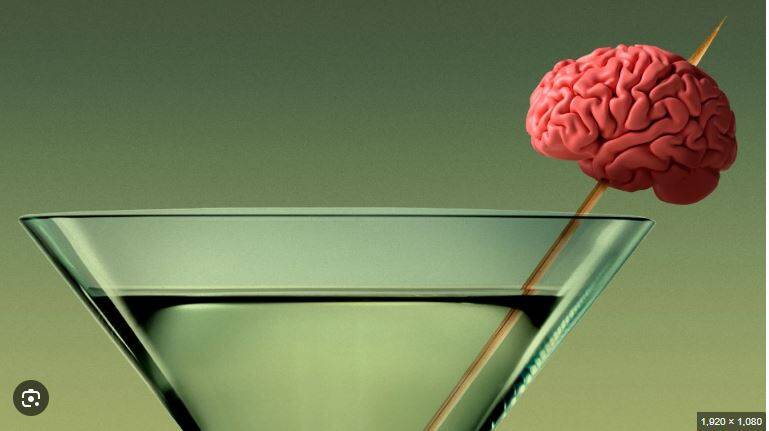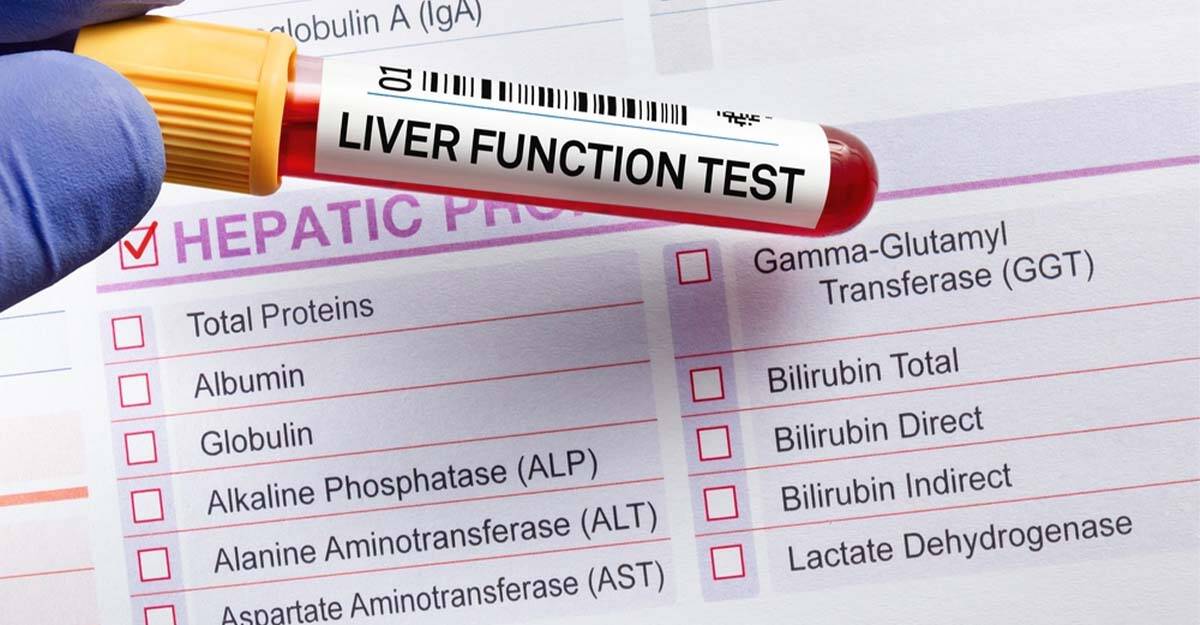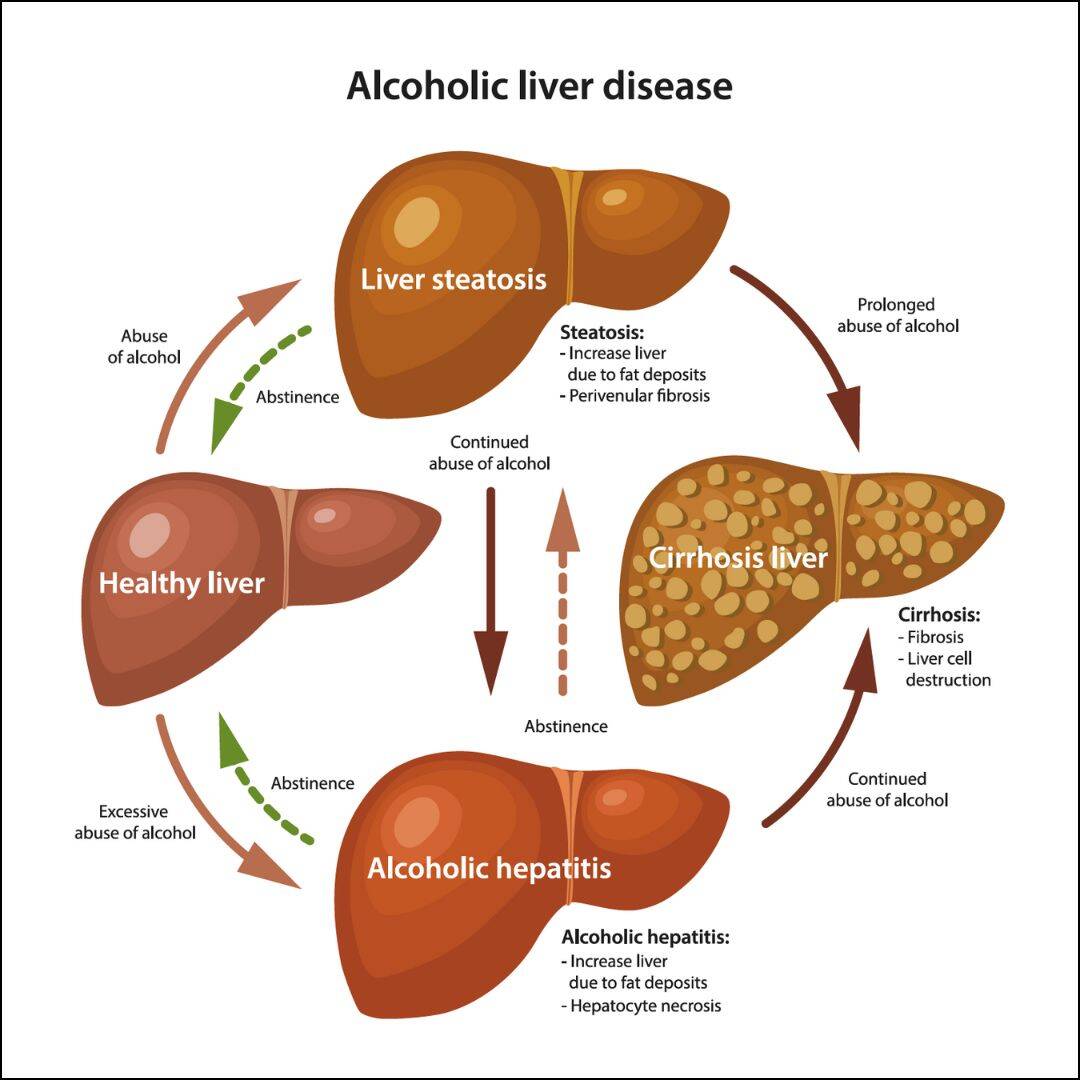Men and women, young and old, happiness and sadness - alcohol completes the celebration and occasion. It's not unusual these days to find school and college kids consuming alcohol. Beer, Vodka, Wine, and Whiskey are commonly consumed. Parenting has been much more difficult now a days. Schools and teachers are facing newer challenges with substance abuses. As a practicing physician, I see the number of young alcoholics is on the rise; including women. The effects of alcohol on the body are significant. Almost every organ system is involved, with few irreversible damages. Significant damage is brunt by the liver and heart. The most commonly asked questions at the doctor's desk are: when can I restart my drink ? How much alcohol is safe for me? How many times a week is safe?
What happens when you drink alcohol daily?
Alcohol itself is not good for health. Alcohol is not nutrient-filled and only gives energy. The by-products of alcohol, when it's being digested are aldehydes (harmful chemicals). They affect liver cells, and over time the liver cells get swollen and die. This condition is called liver failure. Sometimes when a person consumes a large quantity of alcohol i.e. binge drinking a person's liver may be damaged instantly. This is medically called a fulminant hepatic failure.

I'm drinking too much alcohol. What are the symptoms?
Too much alcohol leads to dependency. Dependency is something where a person wants to cut down on alcohol, but he cannot. They feel annoyed when complained about their drink, and this eventually leads to early morning drinks like bed coffee. Lastly, they even feel guilty about their drink. Other symptoms are - behavioral changes, gastritis and esophagitis (commonly called gastric problems), vomiting, abdomen pain, weakness, reduced appetite, etc.
What are the long-term effects of alcohol on the body?
No organ is safe from long-term alcohol effects. The commonly seen problems are - anemia (low hemoglobin), muscle weakness, tingling, numbness, gastritis, vomiting, fatty liver leading to cirrhosis, and blood clots in the brain known as stroke (arterial and venous). Pancreas gets affected leading to pancreatitis and diabetes. Even the heart gets involved leading to variation in heartbeats (arrhythmias), blocks in vessels (IHD / CAD) and the heart gets bigger and swollen (dilated cardiomyopathy).
What are the effects of alcohol on the brain?
The brain is most easily vulnerable. Acute effects are loss of inhibition, aggressiveness, and forgetfulness. Alcohol helps blood cholesterol levels to vary leading to blockages in vessels. This causes stroke.
Strokes are of two types -
1. The artery gets affected ( hemorrhagic or ischemic stroke )
2. The vein gets affected ( cortical or deep vein vein thrombosis )
Alcohol also affects the spinal cord and nerves causing myelopathy and neuropathy. Rare syndromes like Marchiafava Bignami disease, Korsakoff Psychosis, Wernicke's Encephalopathy are also reported.

Common side effects of alcohol I should know!
Gastritis, Esophagitis, Nausea, Vomiting, Giddiness, Amnesia (memory loss), pancreatitis, Hepatitis(liver swelling), Heartbeat variations (arrhythmias) , acute stroke and fulminant hepatitis (sudden and rapid onset liver failure). Variations in blood pressure are frequently seen leading to heart attack and strokes.
How to detect liver damage from alcohol?
For accurate assessment of damage to the liver, clinical examination by your doctor and lab tests are needed. Your doctor examines for jaundice, leg swelling, abdomen swelling, mouth and teeth, and veins over the abdomen, he also feels for the liver; and if it is enlarged or not. Laboratory tests include - Complete Hemogram, Liver function tests, Creatinine, and GGT. Sometimes, amylase and lipase are also helpful. Scans like Ultrasonography (USG), Fibro scan, and MRI are also used.

How to repair liver damage from alcohol?
There are 4 stages of liver damage. Alcoholic fatty liver (liver is big and filled with fat), Alcoholic Hepatitis (liver is big and painful), Alcohol induced cirrhosis (hardness and stiff liver), and Hepatocellular cancer (Liver cancer). The first two stages i.e. fatty liver and hepatitis can be repaired with medications on time. However, cirrhosis is irreversible. The first step in repair is the stoppage of alcohol usage.
End-stage liver failure, what does it mean?
Stage III of liver damage when keeps on worsening, it leads to decompensated failure also called end-stage liver failure. In this, a person develops, deep yellow eyes, severe leg swelling, an abdomen filled with fluid (commonly called water) drowsiness and sleepy all the time, rashes, vomiting of blood, tremors, loss of appetite etc. There are high risks of infection including cellulitis, and peritonitis called SBP.

Liver failure medications, what and how much?
Avoiding alcohol is the best medicine. There are no special medicines that can cure liver damage. The effects of liver damage and other organ dysfunction can be managed. We use multiple medications that will reduce jaundice, improve pressures in gut circulation, prevent constipation, gut antibiotics. There are newer medicines that are known to help in the recovery of liver cells like Ademetionine, Glutathione, L-Ornithine L-Aspartate, etc.
Liver failure self-care, what should I know?
A healthy diet rich in fiber, fruits, vegetables, and antioxidants is preferred. Other diseases like diabetes, hypertension (BP), thyroid, etc. if any to be well controlled. Physical exercises are mandatory. Weight loss of 0.5 to 0.75kg/month to achieve an ideal BMI. Water intake and salt should be restricted as per the physician's order. Tobacco, cannabis, betelnut, pan masala, etc. if any should also be discontinued. Medications every day, avoiding constipation, looking for bleeding and black colored stools, and cancer screening by a blood test - AFP (alpha-fetoprotein) should be done regularly.
Liver failure - what are the signs of death?
End-stage liver failure is marked by drowsiness, reduced urine, black stools, blood vomiting, and sleepy and unconscious states. Repeated episodes of blood vomiting or black stools, body swelling not responding to tablets and injections, being drowsy, and repeated hospital admissions are indirect clues for worsened liver damage. When someone goes through these events repeatedly, we can plan for liver transplantation at the earliest.
Alcohol-associated liver damage is very common and many are ignorant. Many land up to physicians at later stages like established cirrhosis and end-stage liver failure. Liver failure cannot be treated with medicines, the only option is liver transplantation which is not affordable for many. Alcoholics do not visit their doctors due to the fear of advice regarding the stoppage of alcohol. Liver damage at earlier stages are easily treatable at earlier stages. Meet your physician/gastroenterologist at earliest. One such facility for liver damage and its treatment available near you is Kalpana Multi Speciality Clinic, Hubballi, Karnataka, India. Kindly visit for comprehensive care on liver diseases.
